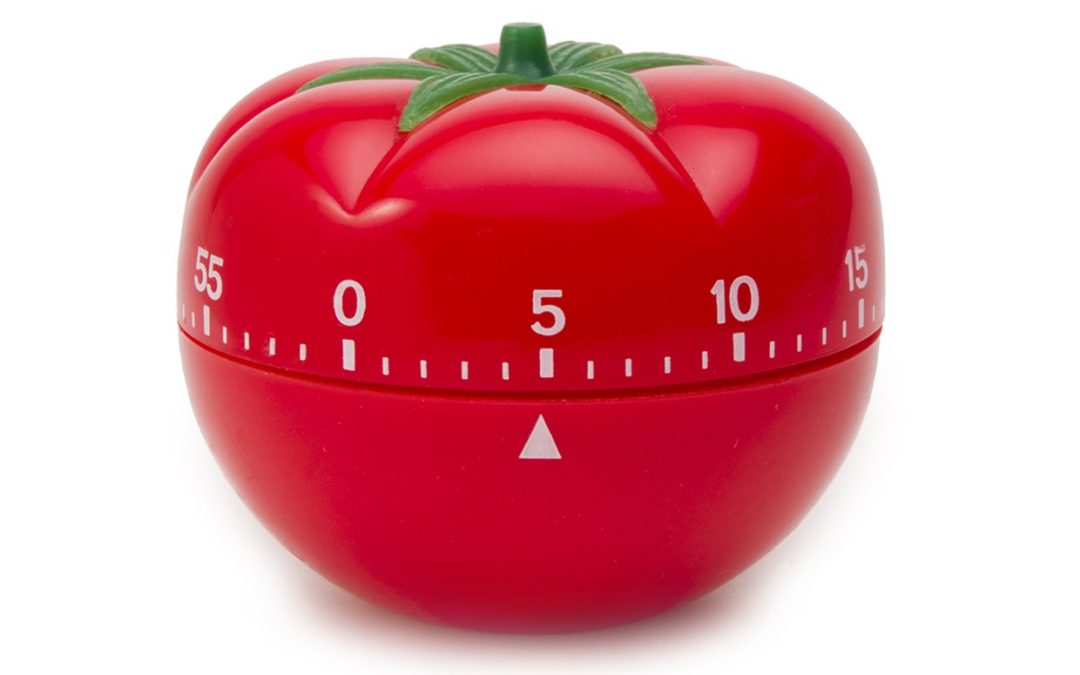
Once you’ve got yourself a schedule and prioritised your goals, you still might not have time management under wraps. Sometimes the procrastination monster comes and destroys all our good intentions. How do we avoid it? In this post, I discuss a couple of strategies for overcoming procrastination and distraction.
Procrastination as a problem is, honestly, huge and I can’t cover it all in this short section of a short video.
I recommend that you all check out Garth Furber’s Health and Wellbeing Blog, where he has a whole series dedicated to procrastination. I also really like this blog post, Why Procrastinators Procrastinate from Wait But Why, and Heath, Yunggorendi’s Counsellor, got me onto this great source from the pause.
But, as a very brief rundown, procrastination is when we put off doing something that needs to be done. At uni, this usually means we put off starting assignments, we find ourselves on Instagram instead of reading an article, we let Netflix auto-play another episode even though we know we need to get started on our study …

I’m guilty of it, your lecturers are guilty of it, and your fellow students are guilty of it. In fact, according to one study, 95% of students report some degree of procrastination, with 50% of students reporting consistent and problematic procrastinating (Steele 2007).
When you read guides about time management they frame procrastination as this thing that is just so easy to overcome. ‘Just concentrate. Put away distractions. Be more organised.’ Like, yeah sure, no worries! It’s all very well and good for me of anyone else to tell you to avoid procrastination, but it’s just not that easy!
During my PhD, I became really good at what I would call ‘proactive procrastination’. This was when I’d do tasks related to my PhD, like admin, replying to emails, checking references, but it wasn’t actually writing, which was what I really needed to be doing. This was a problem, because while I felt like I was being productive, I wasn’t actually doing the right work. Not all procrastination just looks like browsing the internet or watching too much TV!
So how do we do avoid it?
#1. Effective Planning
Planning is twofold. On one hand, planning can be a great way to avoid procrastinating – or, it can feed the procrastination monster. Remember how I was really great at ‘proactive procrastinating’? Over-planning can be a proactive procrastinator’s dream form of procrastination. This is because planning involves doing things in the future, and procrastinators love avoiding doing things now. So, when we plan, we have to plan effectively.
What does planning effectively actually mean?
It means not just figuring out what you need to do, but prioritising each item and setting out the details. Say you have an essay that’s due on Friday and a reflection that’s due next Wednesday. The problem is that you really dislike the essay topic and you feel pretty confident with the reflection. But, the essay comes first, and so it has to have a higher priority. Remember that getting the harder task out of the way now means you can enjoy the easier task later. This also means that sometimes you have to prioritise study over other things, like watching TV.

From here, you need to break it down into the details: to write an essay, you need to research, write a plan, draft, edit and reference. Be specific: the more you can break down each task, the more clarity you will have, the less overwhelmed you will feel, and the more likely you’ll be to be able to sit down and do it.
My PhD supervisor once told me that you can only eat an elephant one bite at a time, and you know what? It’s true! The smaller the chunks are, the more manageable the task will seem. Facing just one small chunk at a time means before you know it, you’ve eaten a whole elephant! (Not that I advocate *actually* eating elephants).

#2. Study in the Right Environment
Avoiding distractions is another one of those things that people tell you to do, but in reality – it’s hard! We are constantly connected all the time and it’s just not that simple to switch off.
What you can do, though, is try to take as much control over your environment as possible.
Find a place to study that is quiet and with minimal distractions. This might mean coming to Flinders and studying in Yunggorendi or the library.

Alternatively, you might know that you’re likely to run into friends here, and so you’re actually better off working in your bedroom. The important thing is to find what works for you and don’t lie to yourself about it either.
You might also find that you need to alter your space to make it more suitable: put away irrelevant papers or books, make sure the TV is turned off, close any irrelevant tabs on your browser. If you work with music on, make it something with as few lyrics as possible.
#3. Try a Study Method (the Pomodoro Method)
You may wish to try a particular study method. One I recommend trying is the Pomodoro Method.
The Pomodoro Method is a pretty useful technique for helping you overcome issues with procrastination and distraction and this is because it breaks up time into 25-minute chunks with 5-minute breaks. It’s a bit like doing interval training at the gym – work hard for a short burst, get a break, then get back to it. Every four Pomodoros, you get to take a longer 20-minute break.

What I like about this method is that 25 minutes is a short enough period of time that it doesn’t feel overwhelming. It’s easy to say to yourself, ‘okay brain, we just need to sit here and work for 25 minutes – that’s literally just one episode of Brooklyn Nine Nine. Easy, right?’
But, it means during these 25 minutes you have to put away distractions. Close browser tabs that aren’t relevant, put your phone on silent, and just work. Every time you feel tempted to check your notifications or open Snapchat, tell yourself you can – when that timer runs out!
The feeling of knowing that you can check all that stuff soon can make a huge difference to your focus. You’re not forbidding yourself from touching those things – you’re just restricting them to a certain time. Then, when your 25 minutes is up, go for it. Check your notifications, go to the fridge – do whatever!
Research shows that 20 to 45-minute time intervals can maximise our attention and mental activity if followed by a short break. It encourages consciousness, concentration and clear-minded thinking.
Don’t Give Up!
Remember that good time management is a constant process and there will be times where you trip up and get behind, don’t stick to your schedule, or find yourself procrastinating. That’s okay. You can always try again. Make a new plan, try a different study environment, reset that Pomodoro timer. Just because you might fail once, it doesn’t mean effective time management is something to give up on. Seriously!
I’ve also got a post with some useful blogs and videos about time management and beating procrastination!
That’s it for this week. What do you do to avoid procrastination? What time management tricks have worked for you in the past?
And don’t forget to subscribe!
References
Cirillo, F (2006) The Pomodoro Technique http://www.baomee.info/pdf/technique/1.pdf
Steel, P. (2007). The nature of procrastination: A meta-analytic and theoretical review of quintessential self-regulatory failure. Psychological bulletin, 133(1), 65. https://www.ncbi.nlm.nih.gov/pubmed/17201571

